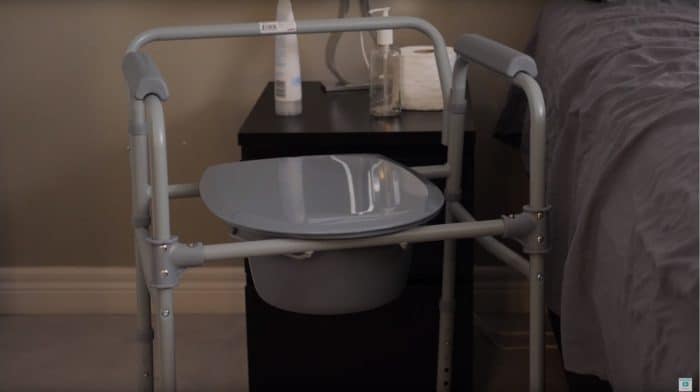What to Do When They Refuse Help
What to Do When They Refuse Help
When the person you’re caring for refuses offers of help we call this the “Help Hurdle.” Here are some strategies on how you can overcome this hurdle and even deepen your relationship with the person you are caring for.
| Strategy | Why it Works? |
|---|---|
| 1. Get their side of the story | Get curious. Ask why they don’t want help. Maybe accepting help means a loss of independence and control or maybe it’s about their fears of being a burden. When you alleviate this concern, it helps. |
| 2. Show you understand their point of view | Don’t try to change their mind. If they say, “I’ve cut the lawn for 35 years and I am perfectly capable of still doing it”, you can say, “I understand that it’s important for you to continue to do things as long as you are able.” You want to convey that you understand. |
| 3. Ask permission to share why you would like to help them | Why Permission? People are more receptive when they are asked first. Also, asking permission shows respect for your parents as capable adults who have a right to make their own decisions. |
| 4. Ask permission to ask if they are willing to hear about services that could help | You can get this information from the internet, health care providers or from family and friends. If your parents agree, ask them if they’d be willing to get help from these services. Also, ask them if they have any ideas themselves on how they can best be helped. |
| 5. Share your concerns using “I” statements | “Mom, I’m worried about you” or “Dad, I’m concerned that you’ll fall.” Tell them why you want them to have help: “Dad, I’m afraid you’re going to have a stroke if you keep shoveling the snow.” You could even ask if they would be willing to accept help so that you don’t worry as much! |
| 6. Make these talks more of a conversation | Make these talks more of a conversation and not a debate to win them over. A conversation is more likely to foster creative solutions. If your parent doesn’t want strangers cleaning their home, suggest helping them with their cleaning and hiring a service to clean your own house. It’s really important to respect your parents’ right to make their own decisions. |
| 7. Choose your battles | If your parent refuses your help and it’s not a safety issue, let it go for the moment. Are they are mentally capable? Are they likely to leave the stove unattended? Forget to close doors? Take medications appropriately? Or is this a matter of you wishing their home was cleaner, tidier or that their life was easier? Save your time and energy for safety issues and for when help is truly needed. |
| 8. Choose your timing | Tell your parents that you would love to discuss it again down the road. Any further attempts to, “Make your case,” in a heated moment, will only create bad feelings and conflict between you and your parents. Leaving it alone for the moment makes it more likely you can re-visit it down the road |






